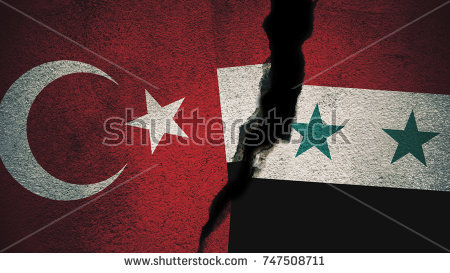Turkey and the Middle East: A New (Dis)Order in the Middle East: Stakes for Europe and Turkey

Practical information
Since the collapse of the Ottoman Empire in the aftermath of the World War I, efforts by both regional or international powers to build a sustainable regional order in the Middle East have failed. While some debate on the best conceivable order for the region, others argue that we should simply adapt to an ever-lasting disorder. Yet, the Middle East continues to be home to failed states, conflicts, and radicalism. Thus the region’s woes continue to impact Europe, notably through migration and terrorism.

Ifri and the GMF jointly invite you for a discussion on whether a lasting regional order can be achieved in the Middle East and how the EU and Turkey can cooperate to make this possible.
Speakers:
- Galip Dalay, Research Director, Al Sharq Forum
- Dorothée Schmid, Senior Research Fellow and Head of Ifri’s Turkey Program
Moderator: Marc Semo, Foreign Policy Editor, Le Monde




